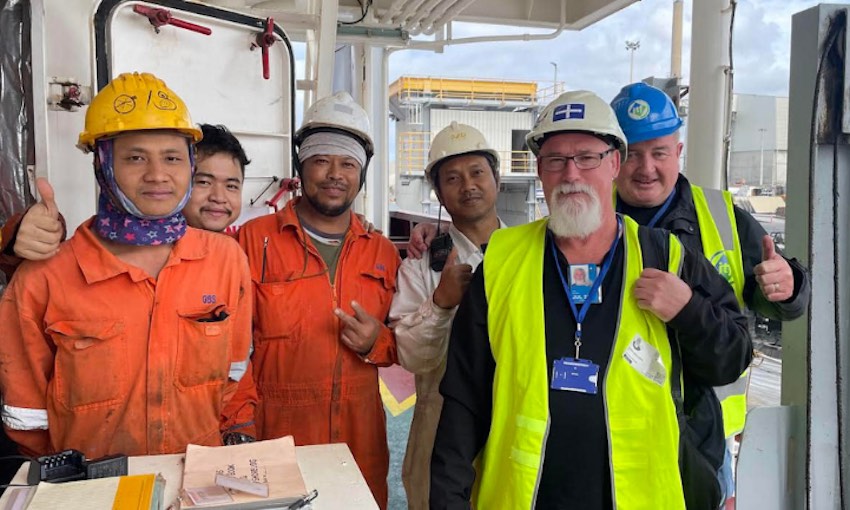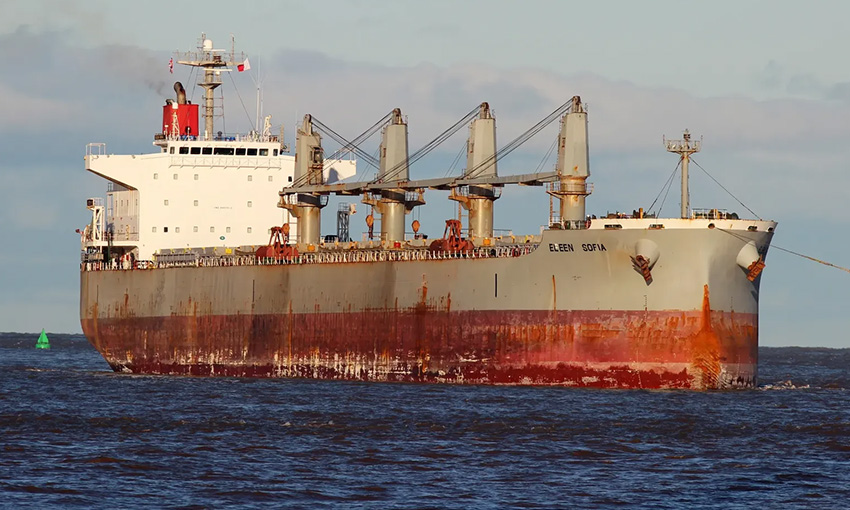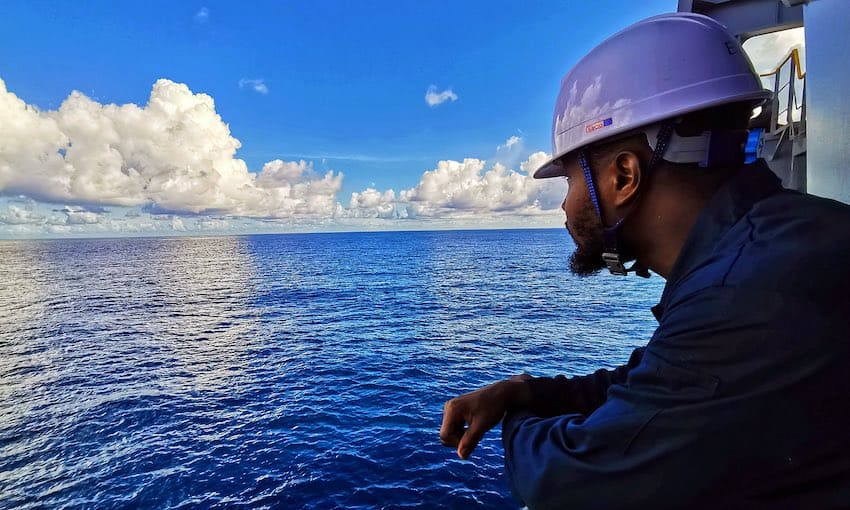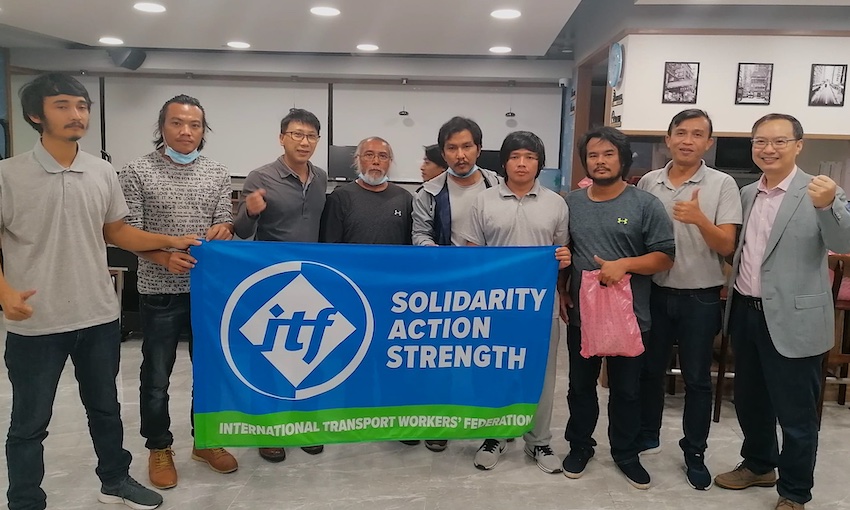THE INTERNATIONAL Transport Workers’ Federation has re-launched its Nowhere to Hide vessel inspection campaign in ports across Victoria, South Australia and Tasmania.
The campaign aims to increase the number of vessel inspections – and the number of inspection participants – throughout the week to identify cases of crew underpayment.
This is the second week of campaign action this year; ITF initially launched Nowhere to Hide in June, targeting vessels calling ports in New South Wales.
Along with wage issues, the campaign also looks for refusal of shore leave, failure to repatriate seafarers to their countries of origin, denial of medical care, and bullying and harassment of vulnerable workers.
Australian and international ITF co-ordinators, inspectors and volunteers will all work together to ramp up the inspections.
ITF said it has identified a rise in “wage theft” from seafarers aboard cargo vessels in Australian waters.
The ITF Australian inspectorate claims to have recovered more than US$14 million (about $21 million) across more than 600 inspections this year.
ITF president and Maritime Union of Australia national secretary Paddy Crumlin said international shipowners were on notice that the ITF Inspectorate would be conducting spot checks of vessels throughout Australian waters and ensuring they meet their legal, social and ethical obligations.
“So far, we have recovered millions upon millions of dollars of stolen wages for some of the world’s most vulnerable workers, and we will pursue this relentlessly in defiance of employers and shipowners who seek to profiteer in such an unprincipled and immoral manner,” Mr Crumlin said.
ITF Australian Inspectorate co-ordinator Ian Bray said seafarers’ wages were being “stolen” because of “a historical failure by governments of yesteryear” to properly police Australian employment law in Australian waters.
“That is why we continue to advocate for stronger regulation, legislation and expanded enforcement resources for the Fair Work Ombudsman and the Australian Maritime Safety Authority so that this can be stamped out for good” he said.
Mr Bray said the work of ITF inspectors goes beyond wage recovery.
“We are on the frontline ensuring important safety standards are met, that medical care is provided to sick or injured seafarers, and that the human rights of visiting seafarers are respected in Australia ports by employers and terminal operators, including access to shore leave and repatriation.”
The ITF plans to focus on ships sailing under “flags of convenience” to ensure compliance with the Coastal Trading Act and the Fair Work Act.




